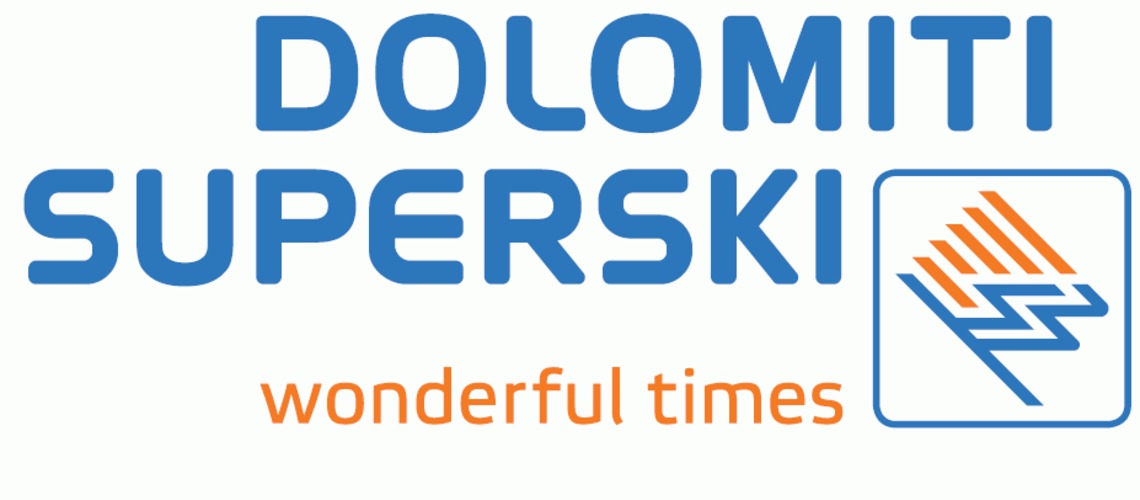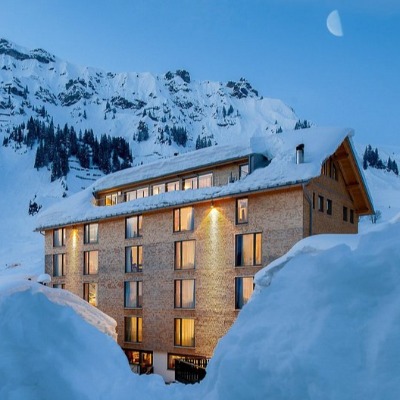Dolomiti Superski Faces Antitrust Probe Over Alleged Price Fixing

Dolomiti Superski, the vast consortium of ski resorts in the Italian Dolomites, is currently under formal investigation by Italy's Antitrust Authority (Autorità Garante della Concorrenza e del Mercato - AGCM) over allegations of price fixing and restrictions on competition. The probe, which includes inspections of consortium offices across the Dolomites, raises significant questions about the pricing practices within one of Europe's most extensive ski networks.
The AGCM confirmed that it has launched proceedings against Dolomiti Superski and its twelve regional affiliates. The investigation, supported by Italy's financial police, Guardia di Finanza, is examining whether the consortium and its member resorts have collectively set ski pass prices, a practice that could violate Article 101 of the Treaty on the Functioning of the European Union (TFEU) and Italian national law (Law No. 287/1990), both of which prohibit agreements that restrict competition.
According to the AGCM, clauses within the consortium's statute appear to have enabled two potentially anti-competitive practices: the centralized definition of ski pass prices across all members and restrictions on the sale of ski passes by third-party vendors. These alleged practices could limit price competition and market access, potentially breaching EU competition rules.
The consumer rights organization Assoutenti, which brought forward concerns earlier this year, has welcomed the AGCM's action. The group points to what it describes as "steep ticket price hikes" that are unrelated to inflation or energy costs. Assoutenti President Gabriele Melluso stated to Corriere dell'Alpi that the cost of a daily Dolomiti Superski pass rose from €67 in the 2020-21 season to €83 in 2024-25, an increase of nearly 24%. Season pass rates also climbed from €870 to €945, an 8.6% increase over the same period. "With energy prices now stable and inflation at around 1%, these increases appear completely unjustified," Melluso said, adding, "They place an unfair burden on families and tourists, and we are prepared to pursue legal remedies if violations are confirmed."
Assoutenti argues that if pricing has been artificially coordinated across all 12 consortia, it may constitute a cartel-like arrangement, which is considered one of the clearest forms of illegal market distortion under EU law.
In response to the investigation, Dolomiti Superski issued a statement affirming its full cooperation with the authorities and expressing "maximum transparency and responsibility." While declining to comment on the specifics of the case, the federation defended its operational model, stating, "For over fifty years, the Dolomiti Superski system has represented a virtuous example of consortium activity." The organization emphasized its role in promoting regional cooperation and building the international reputation of Italy's Dolomite region as a premier ski destination.
The outcome of this investigation could have far-reaching implications for Dolomiti Superski and the broader European ski industry. If the Antitrust Authority finds that price fixing occurred, the consortium and its affiliates could face significant financial penalties, be compelled to revise their pricing structure, and potentially be required to loosen centralized control over ski pass sales. This case may also set a legal precedent for how joint ventures in the ski industry operate within antitrust law, potentially impacting other multi-pass consortiums globally.
In a statement, Dolomiti Superski President Andy Varallo expressed full cooperation with the authorities, emphasizing the consortium’s long-standing role in promoting sustainable tourism across the Alpine region. “We will support the investigation with transparency and responsibility,” Varallo said, while defending the consortium’s model as a “virtuous example” of regional development.
The outcome of the investigation could have significant implications for ski tourism in Italy, especially as the winter season approaches. Stay tuned for updates as the inquiry unfolds.














